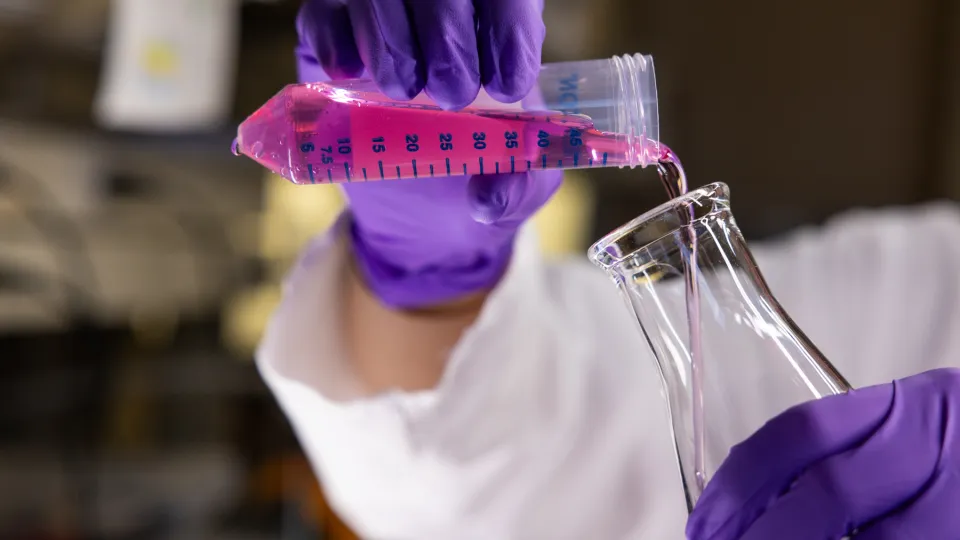News Brief
Preventing Proliferative Cancer Cells from Awakening
June 10, 2024
Disseminated cancer cells (DCCs) can spread from a primary lesion very early in cancer initiation (early DCCs) and lie dormant within distant organs for many years. Julio Aguirre-Ghiso, Ph.D., and Maria S. Sosa, Ph.D., have been awarded a five-year, $3.9 million grant from the National Cancer Institute to study how interactions among early- and late-arriving DCCs lead to metastasis. The researchers discovered that early DCCs (eDCCs) can enter dormancy and persist undetected. Late-arriving DCCs (L-DCCs) can awaken these eDCCs. The interaction between early-arriving DCCs (eDCCs) and L-DCCs was found to more efficiently initiate metastasis in the lung.
Drs. Aguirre-Ghiso and Sosa, in collaboration with Dr. Brian Brown at Mount Sinai School of Medicine, will investigate how cooperation between L-DCCs and eDCCs influences onset of metastasis, how eDCCs evade immune surveillance, and how communication between L-DCCs and macrophages residing within distant organs affects DCC reawakening and metastatic growth. Their research may lead to more precise therapies that target eDCC awakening and immune evasion by interfering with the cooperation between eDCCs and L-DCCs that trigger metastasis.
Dr. Aguirre-Ghiso is the Rose C. Falkenstein Chair in Cancer Research, professor of cell biology, of medicine, and of oncology at Einstein, director of the Cancer Dormancy Institute (CDI) at the National Cancer Institute-designated Montefiore Einstein Comprehensive Cancer Center (MECCC). Dr. Sosa is an associate professor of microbiology & immunology, member and advisor of CDI (1U01CA284085)



